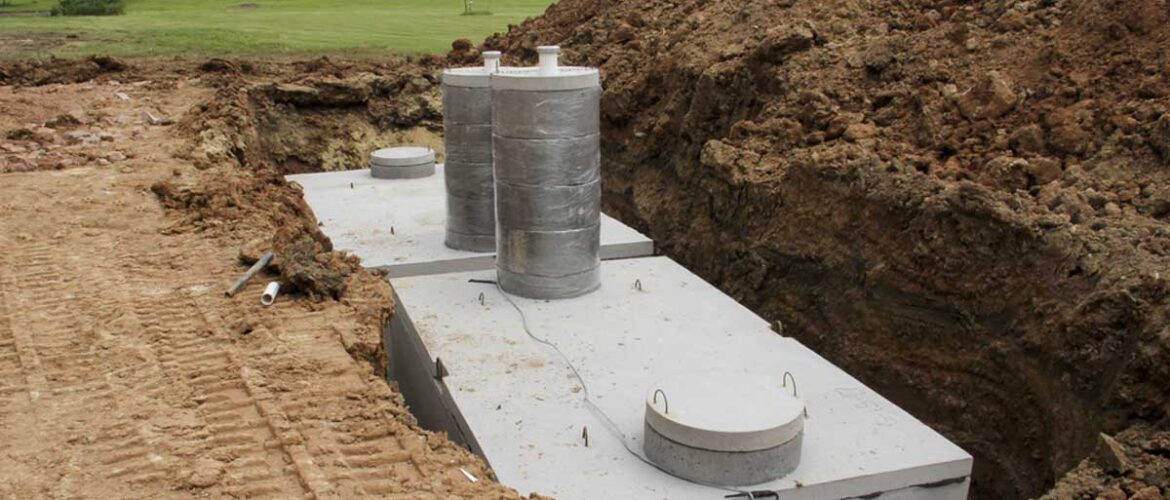- In Tennessee, it is not legal to install your own septic system. A septic installer must be able to pass a state test to become a licensed installer. We work with state inspectors to ensure your system will not contaminate the ground or any nearby water source. This is why your first call needs to be to your local Tennessee Environment and Conservation office. They will make sure your soil will accept the septic waste water, and issue you a septic construction permit so the inspector can provide us with a blueprint of the septic system specifications.
- In rural areas, municipal sewer lines are rarely available. Since there is no sewer you will need a professionally installed septic system. Once you have your septic construction permit, you will want to contact several local septic installers for an estimate. Make sure they include everything, including the excavating, the septic tank, the necessary pipe and any needed gravel. You should also ask them for an estimate that includes risers so you will not have to dig up your tank everytime you need it pumped out. Make sure they also have the proper insurance and installers license. Heavy equipment is needed to excavate the property for the septic tank and drain field. If you are building a new home on the property, make sure to schedule the installation at a time when it will not interfere with the construction process.
- The inspector will determine what kind of septic system you will need to have installed. A conventional septic system uses gravity to move household sewage into your septic tank. Then the sewage is separated into layers, with the solid waste settling at the bottom of the tank and liquid waste flows into the drain field where it is decomposed further. This type of system if usually the most affordable. An alternative septic system collects the sewage in the same way, except it breaks down the solids in the tank using oxygen instead of a naturally occurring bacteria. A drain field for an alternative system generally need less land and release cleaner wastewater. However, these systems are quite expensive to install.
- The tank itself, can be constructed of concrete, plastic or fiberglass. Concrete tanks are durable and rust proof but are hard to repair if it becomes damaged or cracked. Plastic septic tanks are cost effective, but they are prone to damage due to weather changes and any shifting in the soil. Fiberglass septic tanks are stronger than plastic but can be shifted or displaced if the water table rises too high. The most common tank installed is concrete because of its durability. As long as you keep your concrete tank maintained by having it pumped and inspected every 3-5 years, your tank will last a very long time.
- If you are in need of a septic system installation, give us a call! We service Knox County TN, Grainger County TN, Union County TN, Jefferson County TN, and Sevier County TN. We will be glad to provide you with an estimate and answer any questions you may have.


